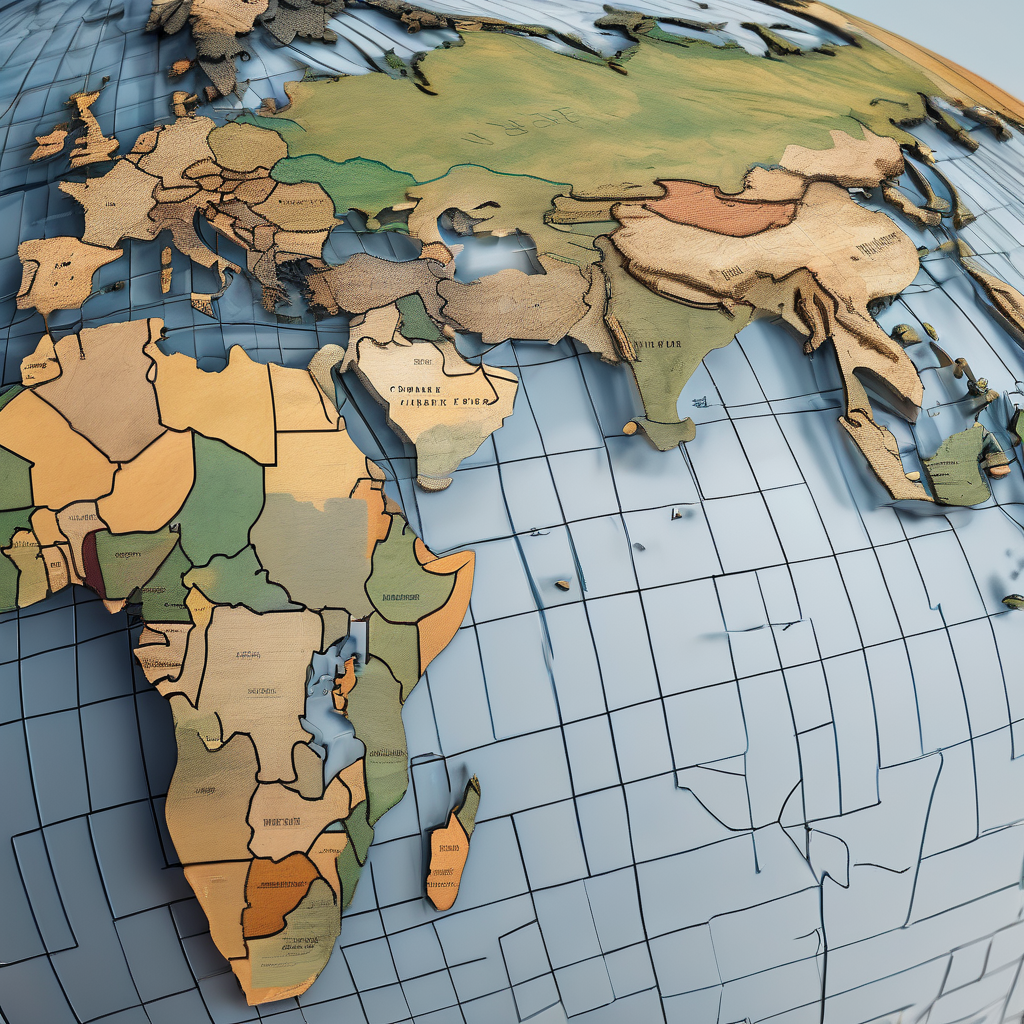Political maneuvering is intensifying at COP30 in Belém, Brazil, as Australia and Türkiye vie for the chance to host COP31. Karlos Lee Moresi, climate advisor for the Pacific Islands Forum, indicated that negotiations have become complicated, with Australia adamant about needing a COP in the Pacific. Türkiye, on the other hand, shows no intent to back down from its hosting aspirations.
Moresi noted, “There’s a bit of political and ego maneuvering happening behind the scenes,” suggesting that Türkiye is attempting to sway European nations in its favor. He added that should Türkiye ultimately host COP31, the Pacific nations would expect concessions in return, even though they are not actively pursuing that option for now.
The COP30 conference marks a decade since the Paris Agreement was established, and during the opening remarks, UNFCCC Executive Secretary Simon Stiell emphasized the importance of taking urgent action to rein in rising global temperatures. He reflected on the progress achieved, stating, “The emissions curve has been bent downwards because of what was agreed in halls like this, with governments legislating and markets responding.”
Pacific nations continue to advocate for the critical target of limiting global warming to 1.5 degrees Celsius, and this year’s conference uniquely features the International Court of Justice’s advisory opinion, which can serve as a valuable negotiating tool. This opinion indicates that global failure to mitigate climate change could breach international law, offering a legal basis for countries to demand accountability.
Youth advocates also urged the necessity for deeper collaboration on climate solutions, particularly focusing on the impact of climate change on children and young people. Faiesea Ah Chee, a youth delegate from Samoa, expressed concern about the funding gaps for adaptation and mitigation efforts.
Amid the discussions and negotiations, rescue workers in Papua New Guinea are under pressure to relocate about 300 residents in response to a devastating landslide. They and local leaders cite climate change as the underlying cause of the extreme weather that has led to this disaster.
The outcome of COP30 remains pivotal, with negotiations continuing until the end of next week. The ongoing political tussle for hosting rights underscores the urgency of delivering tangible climate action, particularly as Pacific voices strive for recognition in the global dialogue surrounding climate policies. With the stakes high, the hope persists that robust cooperation and advocacy will lead to significant outcomes that prioritize the needs of the most vulnerable communities.
